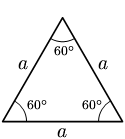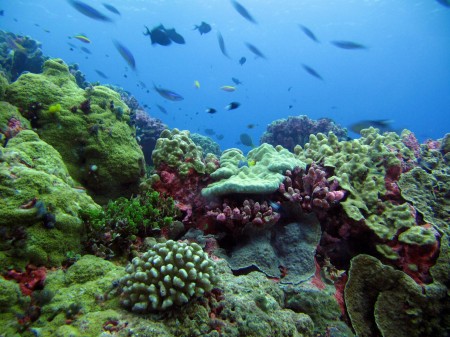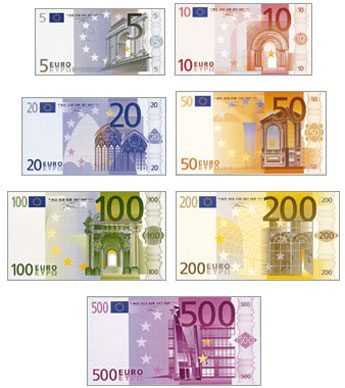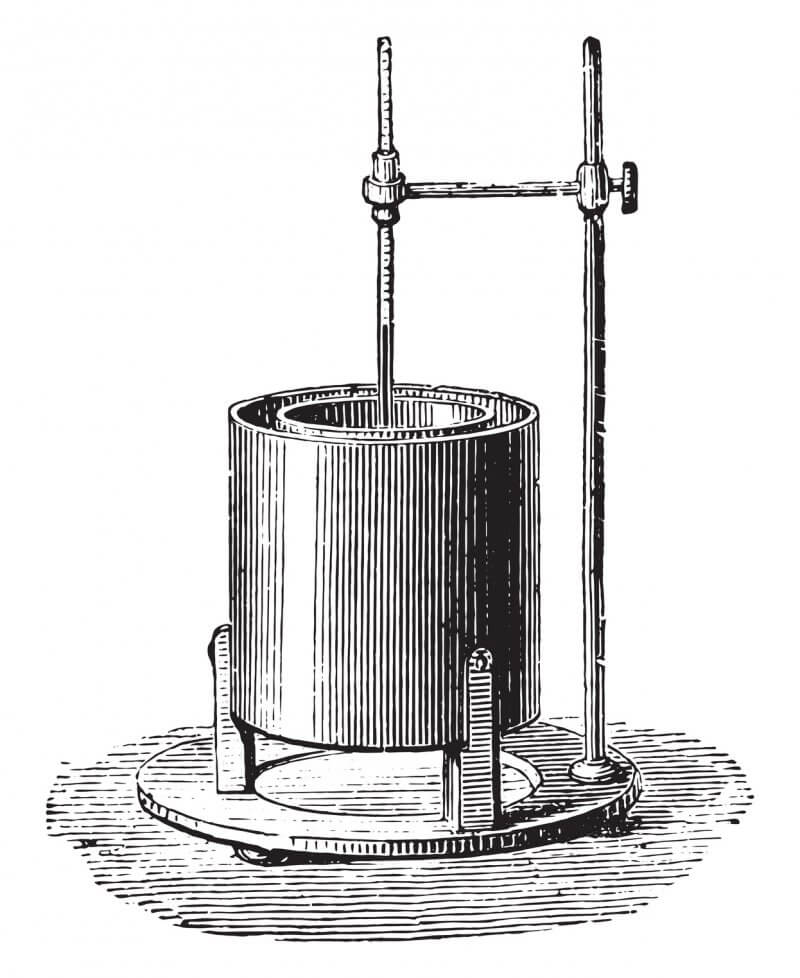 A species is for science each of the groups into which a genus is divided, that is, a set of entities with similar and related characteristics.
A species is for science each of the groups into which a genus is divided, that is, a set of entities with similar and related characteristics.
For biology, the species is the basic unit of biological classification and as such constitutes its most relevant object of study. Thus, a species can be human. More specifically, for two or more individuals to be considered as belonging to this classification, these organisms must be capable of interbreeding and producing fertile offspring. For other theorists, belonging to a species is given by the similarity of DNA or specific traits.
The concept in any way is complex, since it is commonly spoken of species when it refers, for example, to lions, toads, ombúes, when however each of these entities constitute in turn a much larger family of species. For example, the deer is a family of 34 species. More complex is the case when it comes to different species such as dinosaurs, which can only be accessed in fossilized forms.
In total, the number of species in the world is between 1.5 and 2 million, but this is an approximate value, since there may be unknown species even for biological studies.
To speak of species, the concept of species is biological (natural population of individuals that can interbreed), evolutionary (a lineage of individuals that maintain the same characteristics), morphological (according to physical and appearance characteristics), phylogenetic (which retain a single derived or apomorphic character) or ecological (a lineage that occupies a particular adaptive zone).
In recent decades, the study of species has been seriously altered by research on those plant or animal species that, due to human, natural or other action, are at risk of extinction. For these same reasons, and also in recent years, many species are already considered extinct.









